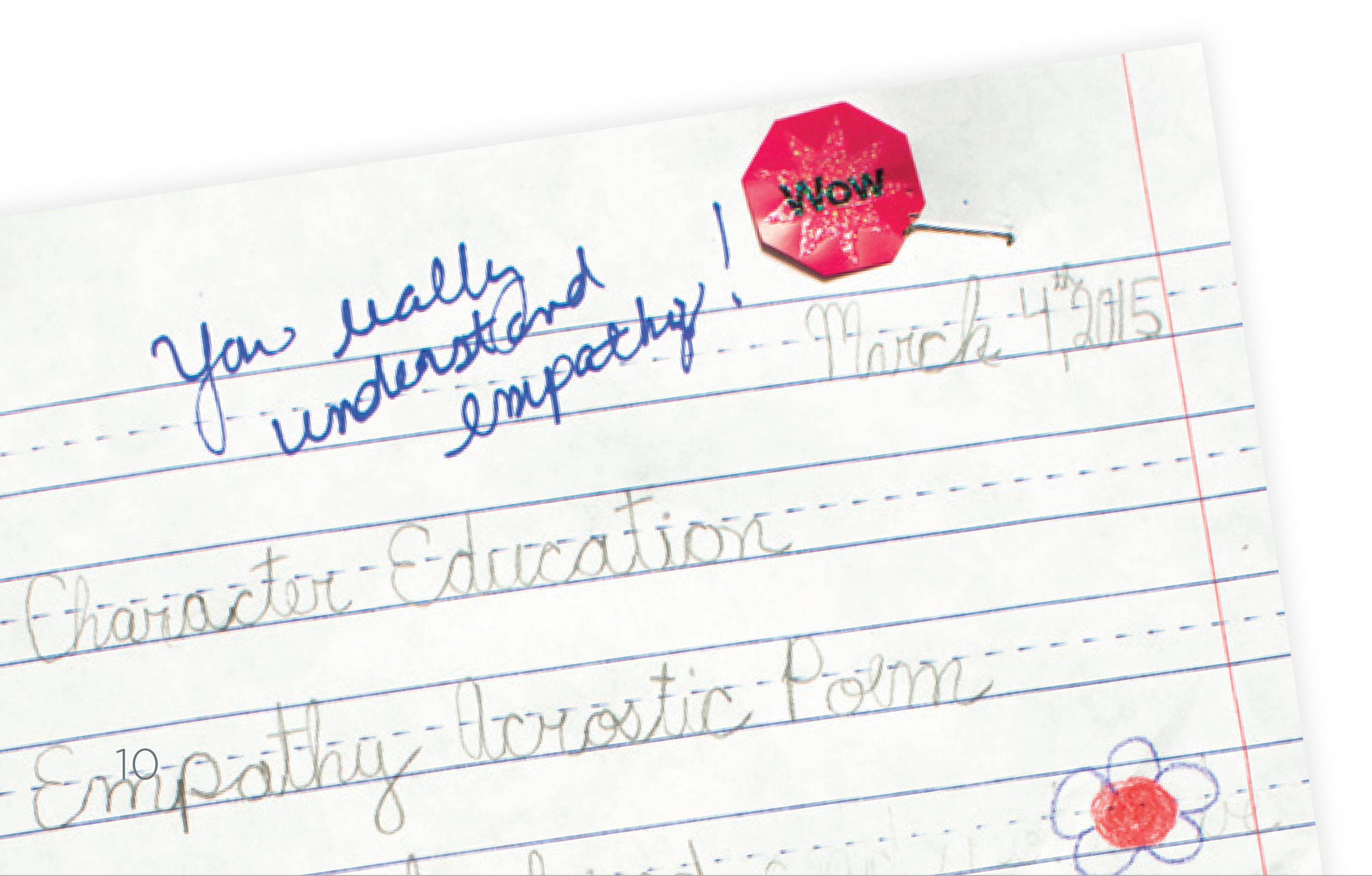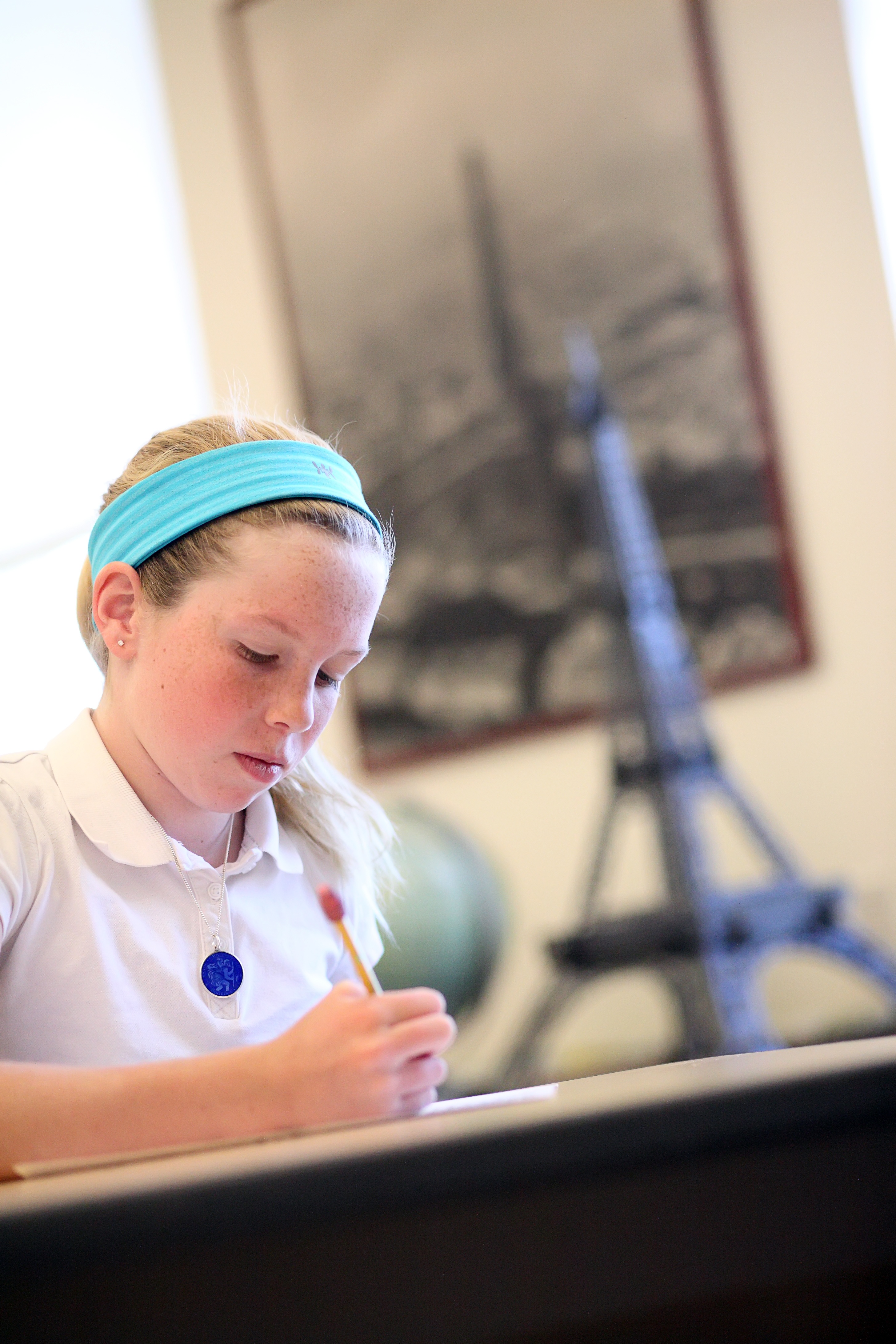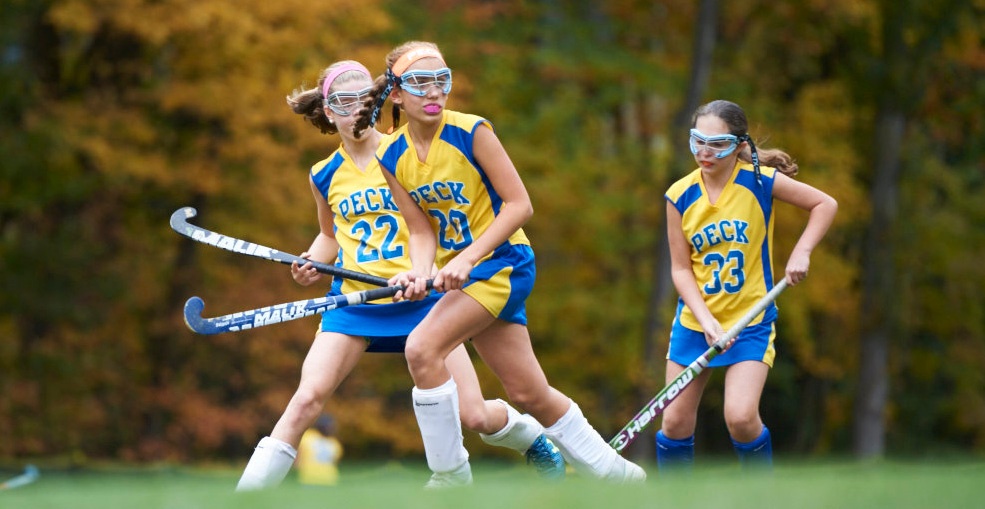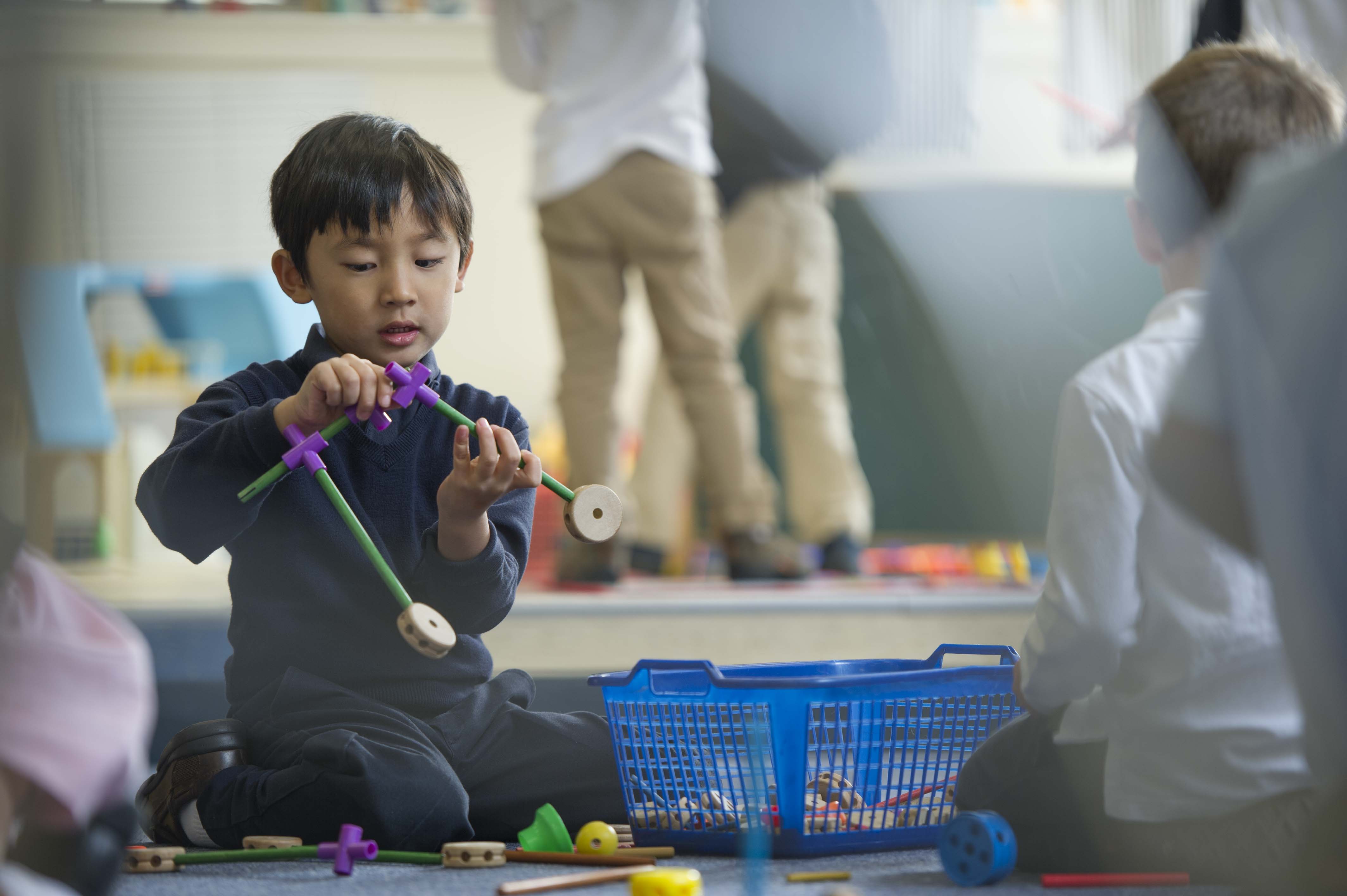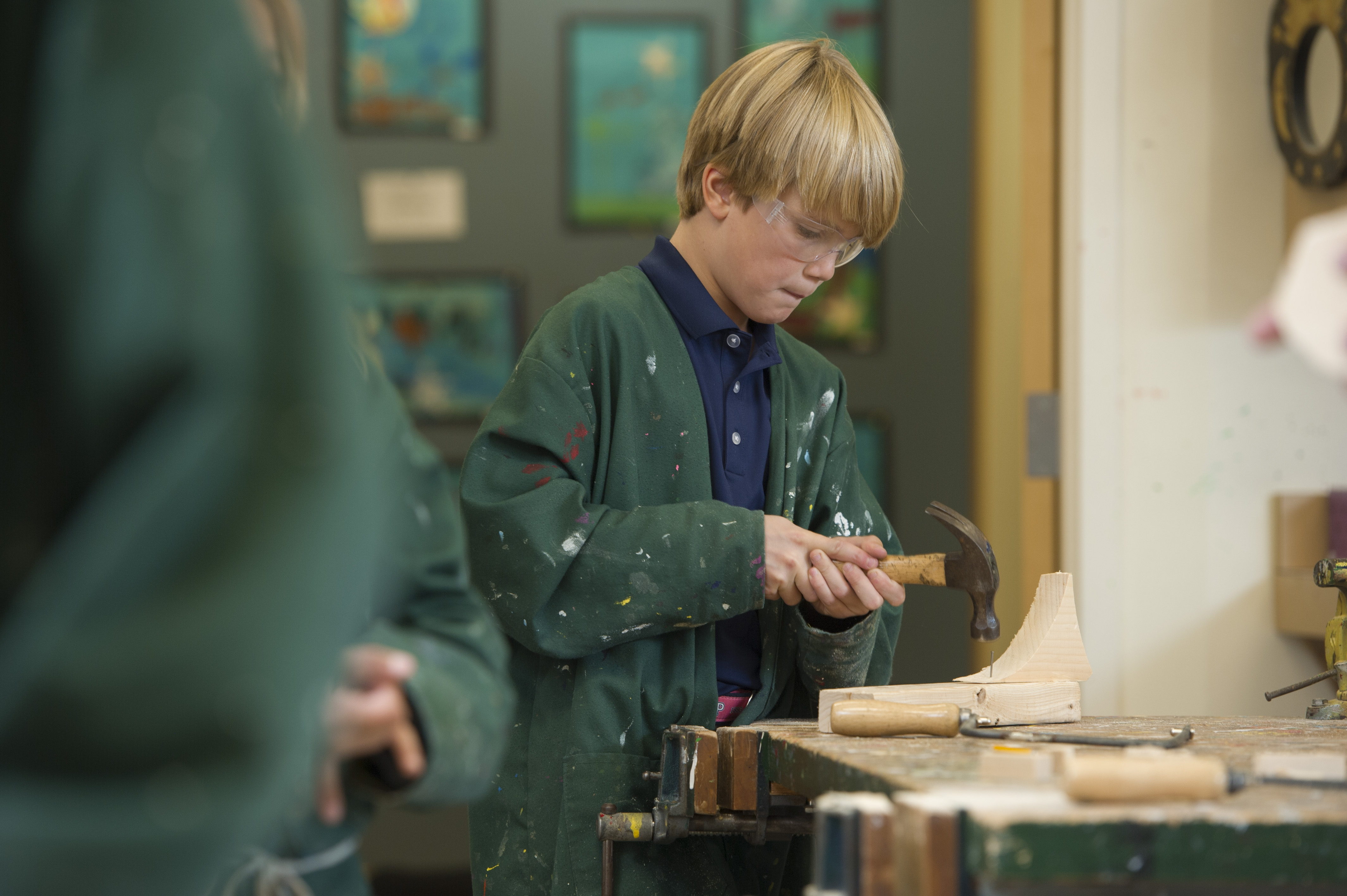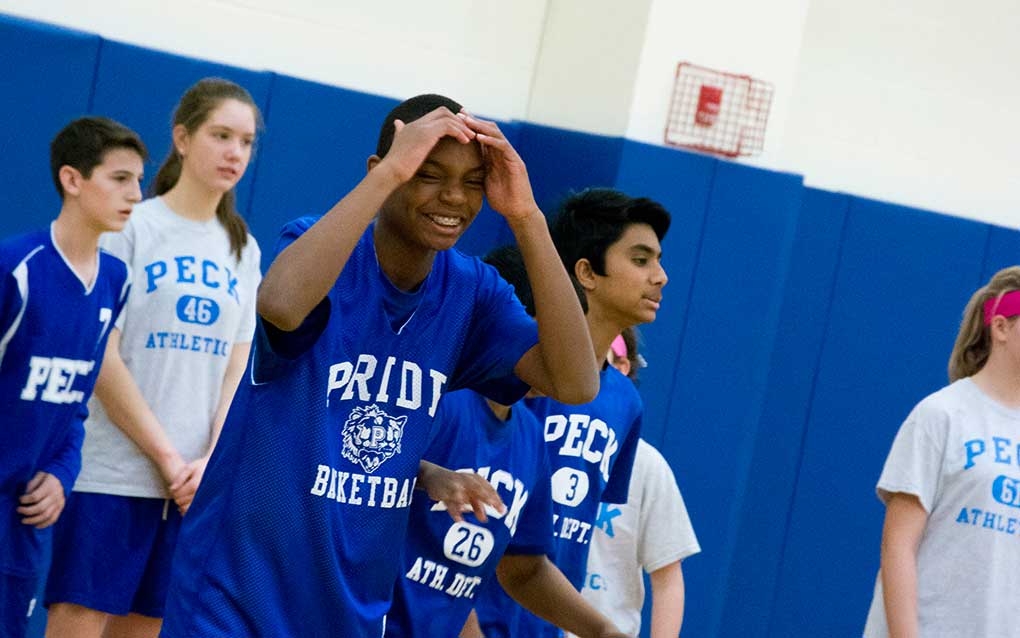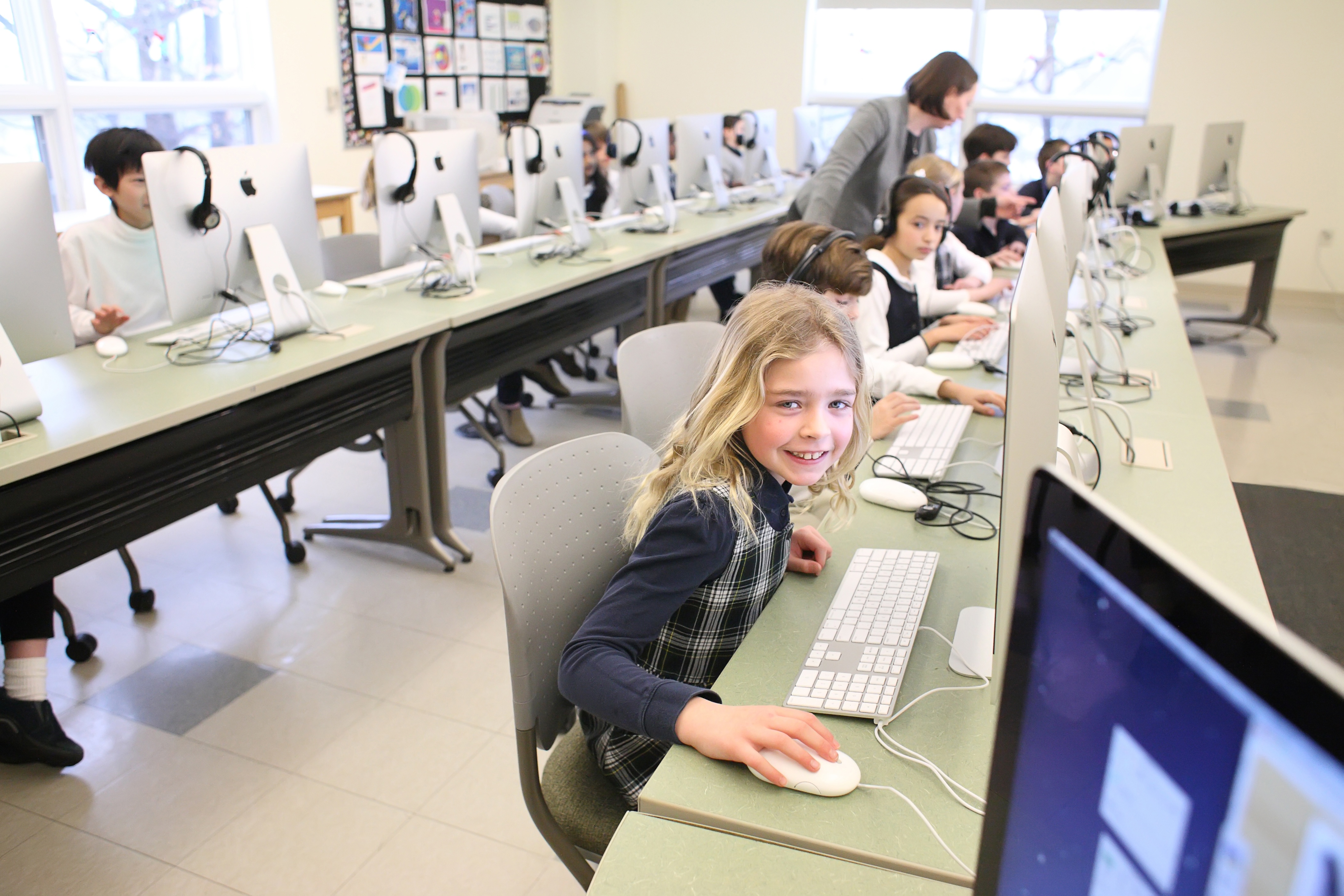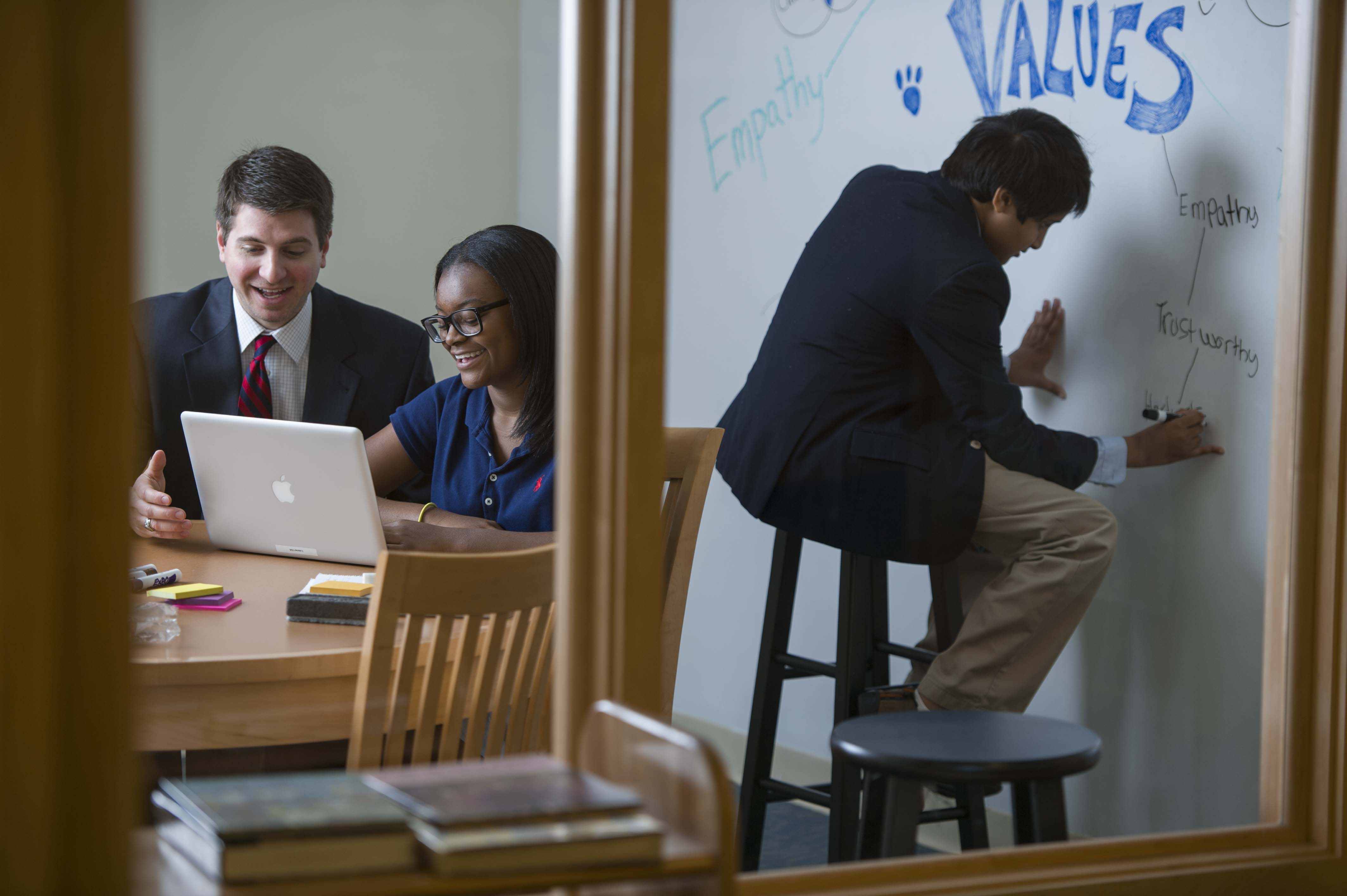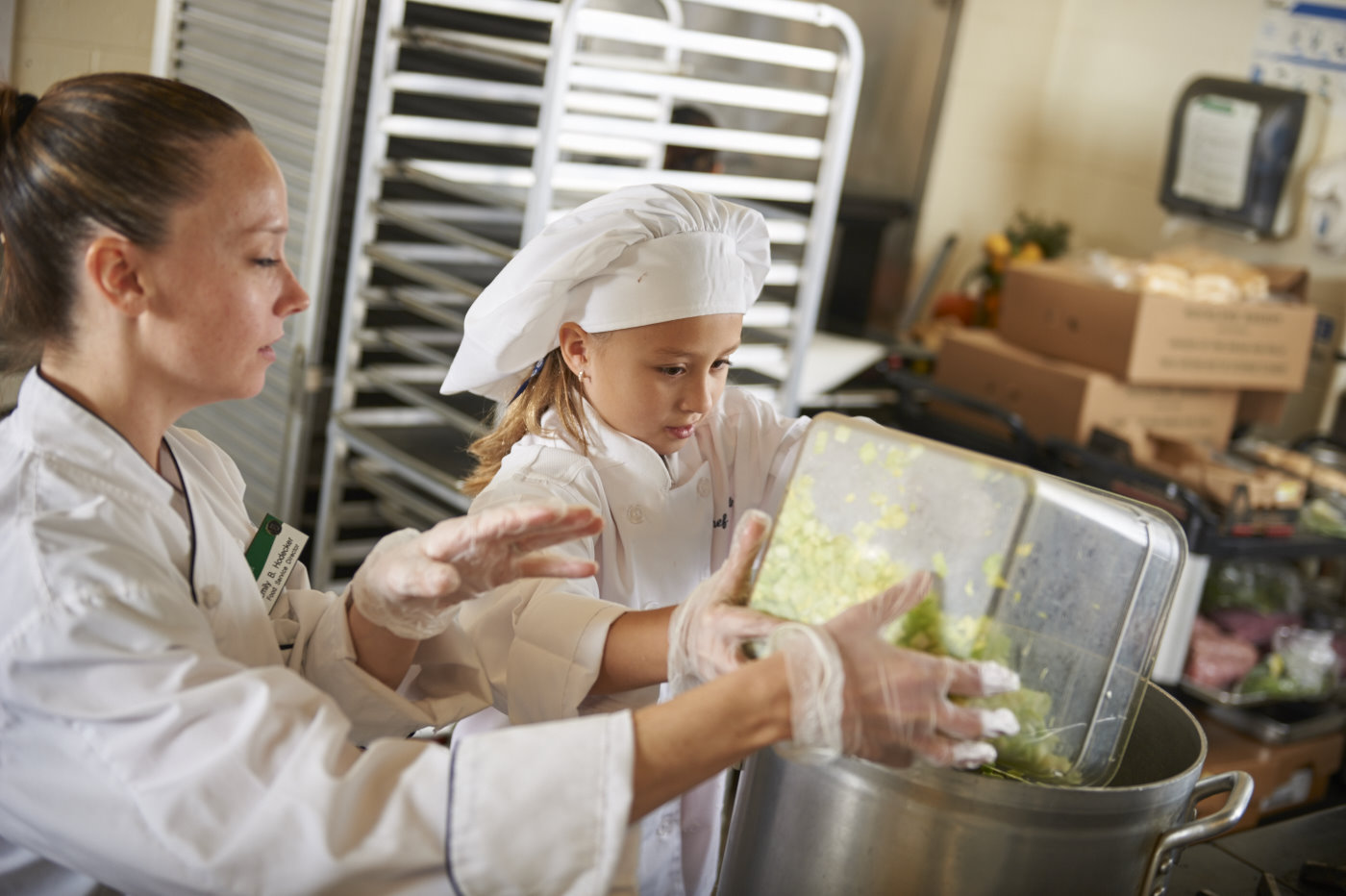CHRIS STARR, DIRECTOR OF MARKETING AND COMMUNITY OUTREACH: Sometimes it seems that much of what we historically associate with primary school education is on the wane. The majority of U.S. States have now adopted the Common Core standards for education, and its curricular dictates are driving many school districts to scale-down or abandon traditional subjects. Music, fine and industrial arts, and cursive handwriting classes are being abandoned. In some parts of the country, schools are also abolishing recess.
Sometimes it seems that much of what we historically associate with primary school education is on the wane.
Quite to the contrary, new brain science is illuminating the direct cognitive benefits of these jettisoned pastimes. Scientists and researchers are offering strong evidence to support the power of play, and the brain-activating effects of disciplines that require fine motor control—such as practicing cursive.
